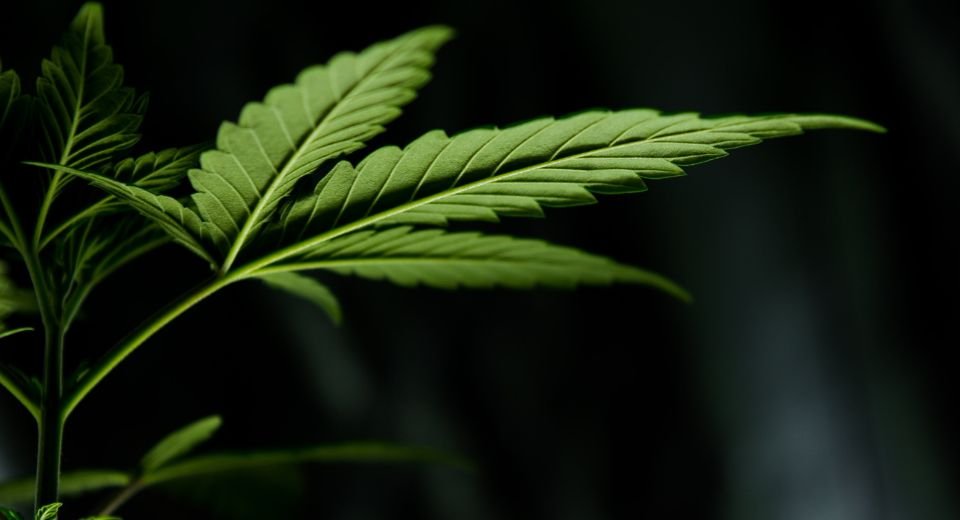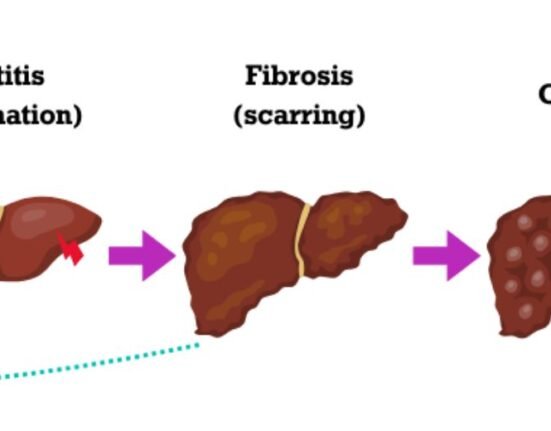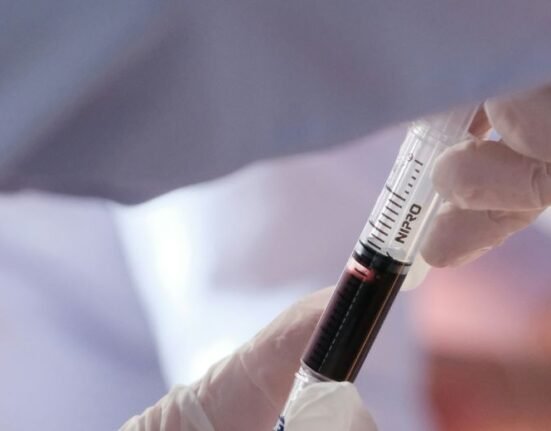H.Q. Team
January 27, 2023: The FDA has suggested new regulations for the use of cannabidiol products, as the existing rules on food and supplements were insufficient for the safe use of the chemical found in hemp.
The decision was arrived at after the U.S. regulatory body convened an internal working group meeting on January 26 to chart out future regulations for cannabidiol products (CBD).
New rules were to be in place for CBD that balances individuals’ desire for access to these products with the regulatory oversight needed to manage risks, according to an FDA statement.
Some risk management tools could include clear labels, prevention of contaminants, CBD content limits, and measures, such as minimum purchase age, to mitigate the risk of ingestion by children.
The FDA’s existing foods and dietary supplement authorities provide “only limited tools” for managing many of the risks associated with CBD products.
Safety standards
Under the law, any substance, including CBD, must meet specific safety standards to be lawfully marketed as a dietary supplement or food additive.
Additionally, a new route could provide access and oversight for certain CBD-containing products for animals.
People could be unknowingly exposed to CBD through meat, milk and eggs from animal-fed CBD.
“Because it is not apparent how CBD products could meet the safety standard for substances in animal food, we also do not intend to pursue rule-making allowing the use of CBD in animal food.”
Ready to work with Congress
The US FDA is prepared to work with Congress to develop a cross-agency strategy for regulating these products to protect the public’s health and safety.
The use of CBD raises various safety concerns, especially with long-term use. Studies have shown the potential for harm to the liver, interactions with certain medications and possible injury to the male reproductive system.
CBD exposure is also concerning for vulnerable populations such as children and pregnant women.
In a citizen petition, the Natural Products Association last year requested the FDA to determine why CBD is excluded from the definition of a dietary supplement or “exercise enforcement discretion.”
The FDA still needs to provide substantive responses to citizen petitions filed by the Consumer Healthcare Products Association in 2019 and Council for Responsible Nutrition in 2020.
“Today, we are also denying three citizen petitions that had asked the agency to conduct rule-making to allow the marketing of CBD products as dietary supplements,” said Janet Woodcock, M.D. Principal Deputy Commissioner at the Office of the Commissioner.
Available evidence
Given the available evidence, it is not apparent how CBD products could meet safety standards for dietary supplements or food additives, according to the FDA.
“For example, we have not found adequate evidence to determine how much CBD can be consumed and for how long before causing harm.
“Therefore, we do not intend to pursue rule-making allowing the use of CBD in dietary supplements or conventional foods.”
Woodcock said the working group, which he chaired, had closely examined studies related to the CBD-based drug Epidiolex, published scientific literature, information submitted to a public docket, and studies both conducted and commissioned by the agency.
The FDA will continue to take action against CBD and other cannabis-derived products to protect the public in coordination with state regulatory partners.








